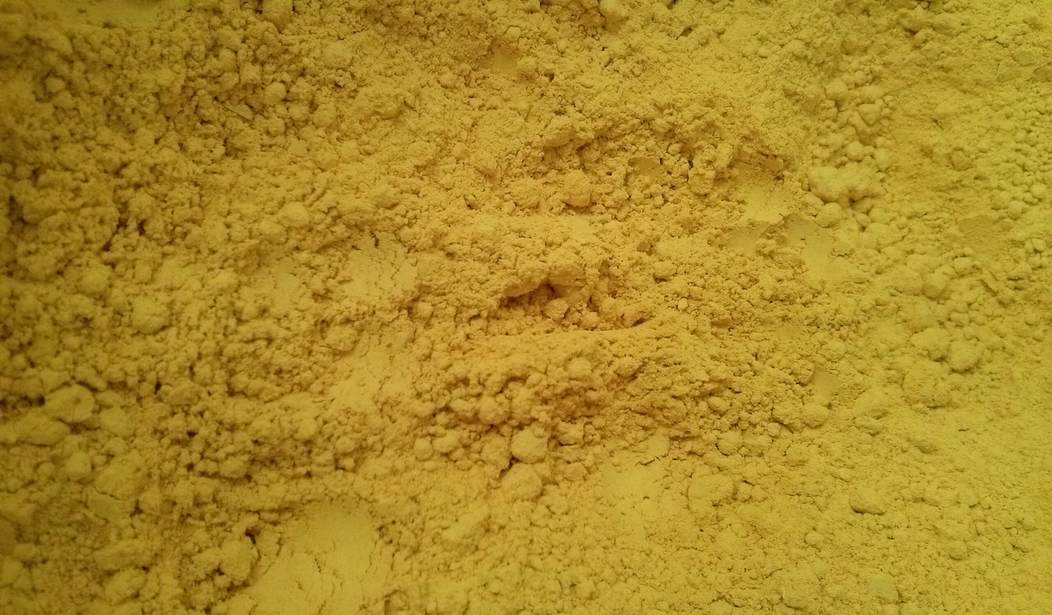Most medical textbooks claim that atherosclerosis — the process by which plaque accumulates inside blood vessels and slowly chokes off blood flow, eventually leading to heart attack or stroke — is irreversible.
This claim may not be accurate.
In a landmark study, research has established a therapeutic role for an obscure herb used in traditional Chinese medicine, berberine, for the treatment and even possible reversal of arterial plaque, one of the main drivers of heart disease.
The presumed mechanism by which berberine may reduce atherosclerosis is by tamping down production of a compound called trimethylamine N-oxide (TMAO) that has been tied to vascular inflammation and increased plaque.
Via Nature:
This study investigates whether or not berberine (BBR) could reduce TMAO production in the gut microbiota and treat atherosclerosis.
Effects of BBR on TMAO production in the gut microbiota, as well as on plaque development in atherosclerosis were investigated in the culture of animal intestinal bacterial, HFD-fed animals and atherosclerotic patients, respectively. We found that oral BBR in animals lowers TMAO biosynthesis in intestine through interacting with the enzyme/co-enzyme of choline-trimethylamine lyase (CutC) and flavin-containing monooxygenase (FMO) in the gut microbiota.
While berberine-administered patients in the experimental group decreased their plaque scores, the control groups treated with three commonly prescribed drugs for cardiovascular disease — aspirin combined with rosuvastatin, clopidogrel sulfate, and ticagrelor — experienced increased plaque scores:
21 patients with atherosclerosis exhibited the average decrease of plaque score by 3.2% after oral BBR (0.5 g, bid) for 4 months (*P < 0.05, n = 21); whereas the plaque score in patients treated with rosuvastatin plus aspirin, or clopidogrel sulfate or ticagrelor (4 months, n = 12) increased by 1.9%.
Exclusively for our VIPs: Exposed: How Big Pharma Bought Public Health™ Endorsement of Breakthrough Weight Loss Drug
Not a PJ Media VIP yet? Click here to sign up!
Berberine, aside from its potential to treat atherosclerosis, has numerous other health benefits of note related to the digestive system and metabolism.
Via Frontiers in Pharmacology, 2021:
Berberine can improve obesity and hyperlipidemia by reducing TG [triglycerides], TC [total cholesterol], and LDL [low-density lipoprotein] and increasing HDL [high-density lipoprotein]*; reduce insulin resistance to improve type Ⅱ diabetes; and prevent diabetic encephalopathy.
*HDL is popularly conceptualized as the “good” cholesterol, whereas LDL is considered a “bad cholesterol,” although the biological reality is more nuanced than that.
Unfortunately, because berberine cannot be patented and optimally monetized, it probably won’t ever make its way into mainline medicine. But, for now — until the FDA gets involved and magically discovers its alleged toxicity — it’s legal and accessible in the United State










Join the conversation as a VIP Member